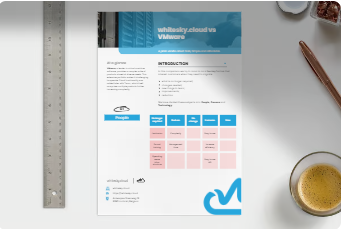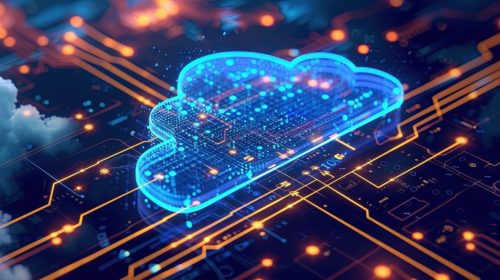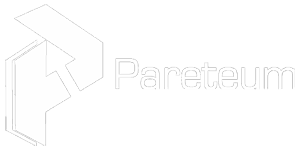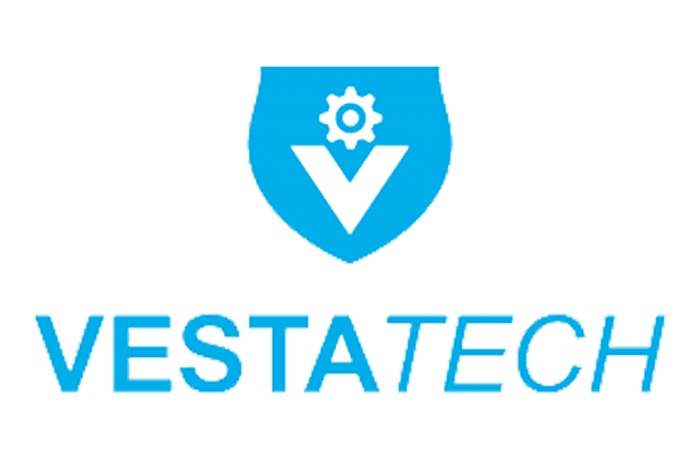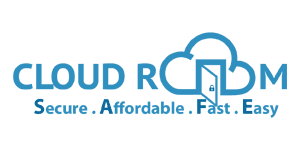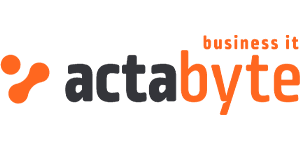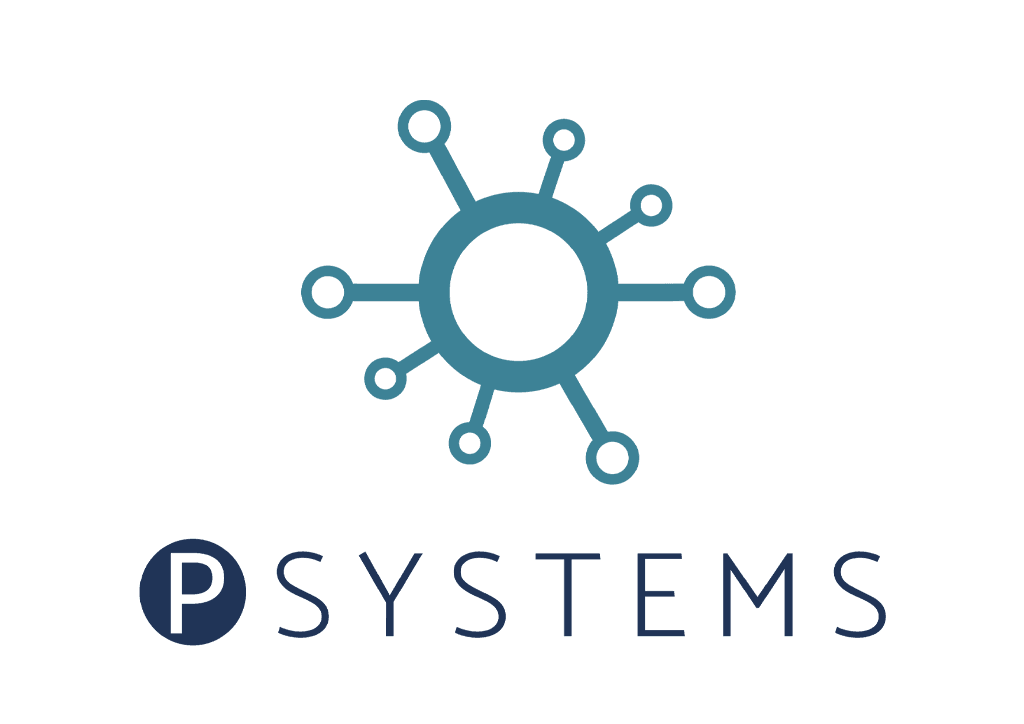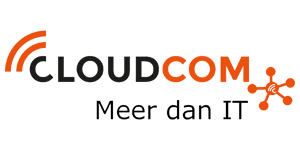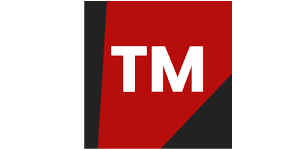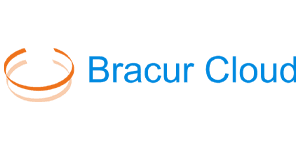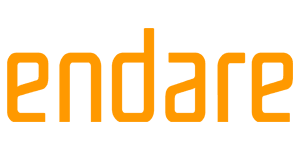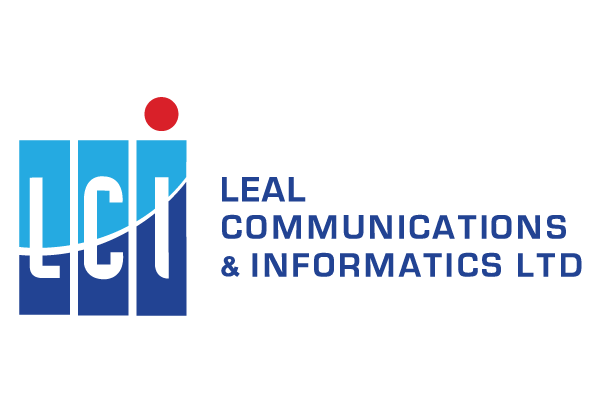Introduction
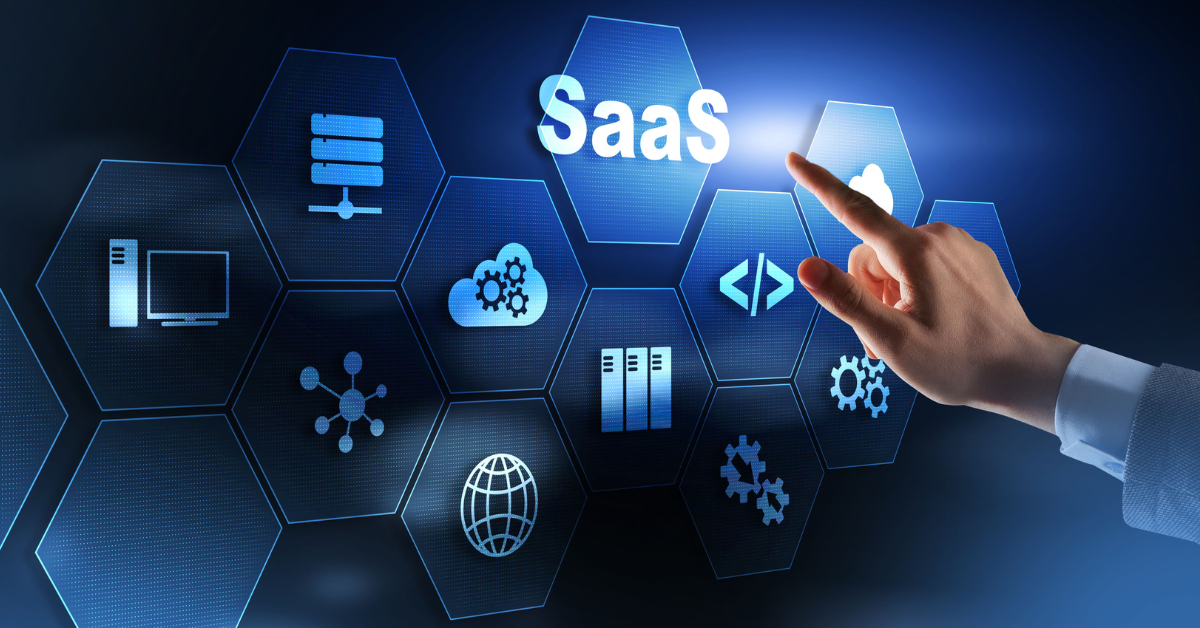
The costs for a SaaS company using cloud providers can vary widely based on factors such as the size of the company, the complexity of the application, the level of usage, and the specific services and resources needed. Below is a general breakdown of the types of costs when providing SaaS.
Compute resources
These are the cost of virtual machines (VMs) or containers used to run your application. The costs depends on factors like the number of instances, CPU and memory specifications, and whether you choose the hyperscaler or private cloud route.
Storage costs
Overall Cloud providers offer various storage options, including object storage, block storage, and file storage. Costs are determined by the amount of data stored and the type of storage used. Private cloud can be cheaper when it comes to storage and there is also less latency.
Networking costs
Networking costs cover data transfer within the cloud provider’s network and between regions. Prices can vary based on data transfer volumes. With private cloud you keep the costs under control for the lowest price.
Database services
Managed database services like Amazon RDS, Azure SQL Database, or Google Cloud SQL can add to costs, especially for larger databases or those requiring high availability and performance. Running this on a private cloud makes a lot of sense and will significantly decrease the running costs.
Load Balancing and Traffic Management
If your SaaS application requires load balancing or traffic distribution, there will be costs associated with using these services.
Content Delivery Networks (CDNs)
CDNs help improve content delivery performance. Costs depend on the amount of data transferred through the CDN. What did others spend on this at hyperscalers? Replicating between zones depends on the availabilit of locations.
Scaling and auto-scaling
The ability to scale resources up or down based on demand can affect costs. Auto-scaling can help optimize spending by adjusting resources as needed. Private cloud provides ultimate scaling facilities from within the your own environment.
Security Services
Cloud providers offer security services like encryption, firewalls, and identity and access management. These services can add to costs but are crucial for securing your SaaS application. All great, but have your ever tried to contact a hyperscaler? Our dedicated team of cloud professionals is always there for you.
Support and SLAs
Premium support plans with faster response times and service level agreements (SLAs) overall come at an additional cost.
Service-Specific Costs
Different cloud providers have their own unique services, and the cost structure can vary. For instance, AI/ML services, serverless offerings, and other specialized tools come with their own pricing.
Conclusion
Running a SaaS business is cost intensive. Although an hyperscaler seems to be the best solution at first, it can easily become complicated. We have seen scenario’s where it got to ridiculous proportions.
It’s important to create a detailed cost estimation based on your SaaS application’s requirements.
Keep in mind that hyperscaler cloud costs can change due to updates in pricing models, services, and usage patterns. Choosing a private cloud solutions can eliminate uncertain factors.

